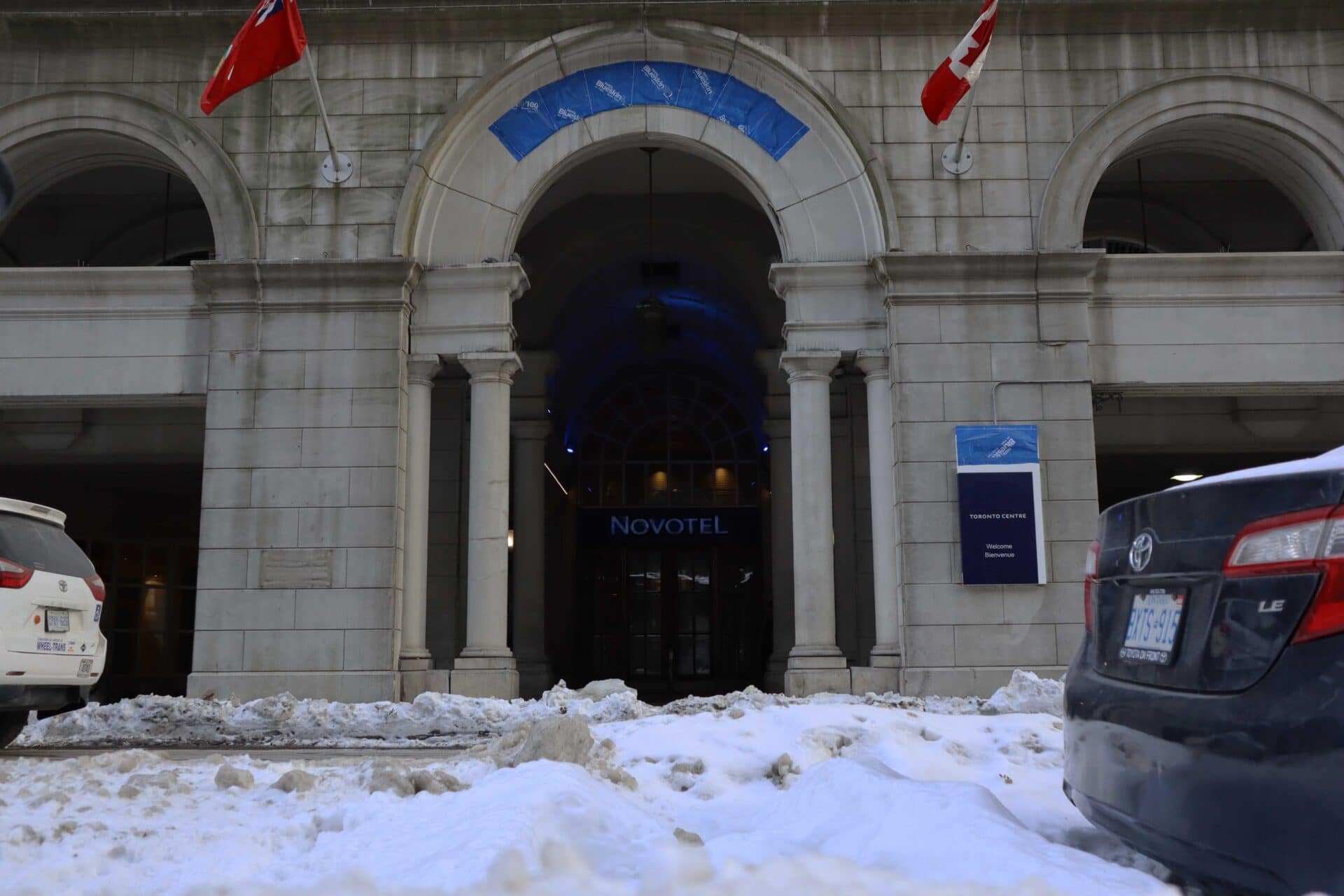At the brink of capacity, the City of Toronto’s shelter system faces two crises: an increase in opioid overdoses and the challenge of housing the unhoused. At the forefront of these two crises is the question of how the city plans to make its shelter system not only safer for residents but also for surrounding neighbourhoods.
During the homeless memorial service held at the Church of the Holy Trinity in December 2021, 34 names were added to the lists of fatalities resulting from homelessness. The number marked a grim milestone for the memorial service, representing the names of people who passed away the prior month.
Data from the City of Toronto shows that throughout 2021, nearly 132 people died in permanent and temporary shelters, as well as respite sites across the city. The primary driver for these numbers was an increase in fatal drug overdoses, which have risen over the past couple of years.
Daisy Warriner, a former resident at the Novotel Hotel on 45 the Esplanade, was among the number of individuals the city lost last November. Her aunt, Denise Warriner, said Daisy was labelled as high risk and subjected to regular check-ins—which acted as a preventative method to mitigate the risks associated with her drug addiction. Yet, according to Warriner, the night Daisy passed away, the staff at the Novotel Hotel left Daisy unattended for nine hours.
She was found dead the following morning.
Warriner said she has been in contact with Homes First Society, the shelter operator for the Novotel Hotel, in an attempt to get information on her niece’s death. But she says she believes she has been stonewalled by them, fearing that Homes First Society favours culpability over responsibility and accountability.
The city’s protocols for releasing information on incidents that involve shelter residents are outlined in the Toronto Shelter Standards. It is a document that Lorraine Lam, an outreach worker at Sanctuary Toronto, said includes all the protocols that shelters must abide by. Over the years, Lam has worked hard to implement better overdose intervention strategies within shelters.
“There is very little that happens when somebody overdoses and passes away,” Lam said “The hope is that shelters can implement different policies and guidelines to try to avoid it from happening again. But also, the reality is that it doesn’t happen very quickly either.”
Along with the crisis inside the city’s shelter system, residents living in areas around temporary shelters are complaining about a rise in crime in their neighbourhoods.
At a city council meeting held on Nov. 23, 2021, Dana McKiel voiced the concerns of community members living around the Novotel Hotel.
McKiel, a member of the Downtown Concerned Citizens Organization (DCCO), said that breaking and entering, theft, property damage, drug trafficking and weapons possession have been a part of lived experiences from community members around the Novotel Hotel Shelter.
The DCCO is home to various voices who feel that the city’s temporary shelter system does not adequately deal with the issues that come along with managing its homelessness crisis. They say that the issue is of an abundance in drugs rather than spacing for the unhoused population.
This is part two of The Unhoused and The Unprepared, a six-part series where we dive into Toronto’s homelessness and housing crisis.
Listen to the rest of the interviews and the second episode of The Unhoused and The Unprepared series: The Tale of Two Crises:









